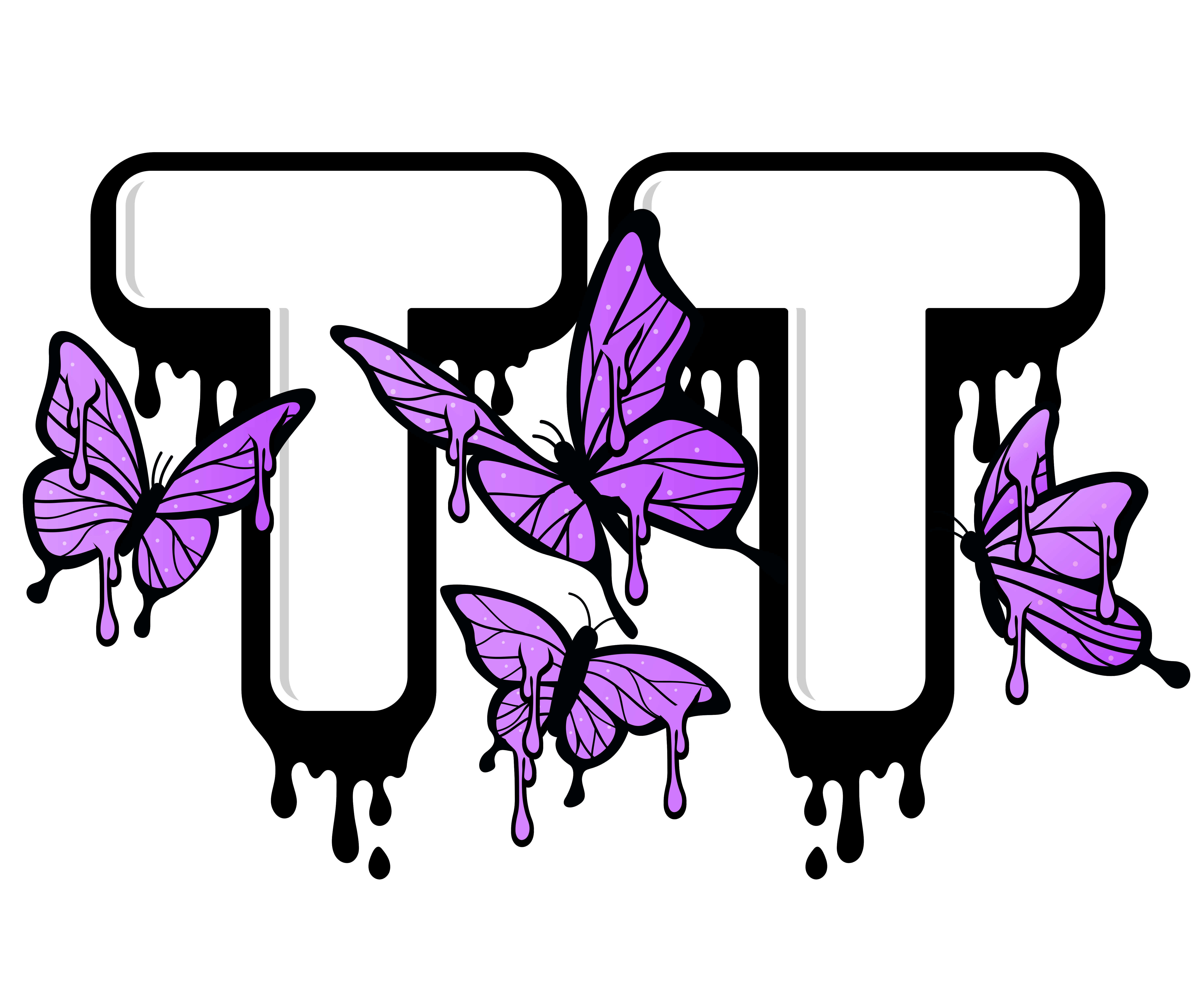The rise in state-level legislation across the United States that aim to narrow our freedom of expression is obviously concerning and worrying to me as it should be to everyone in the US. The first Amendment is supposed to protect our freedom to express ourselves, but these laws are trying to limit our right to speak out. Even if what we are trying to say is controversial or unpopular, we should not be worried about the consequences of what might happen if we truly speak out.
The harsh difference in how protests have been handled in recent years has really opened my eyes to this problem and this course has shown me the legal side to it as well. For example, as Nora Benavides mentions in her article “First Amendment rights- If You Agree With the President”, the reactions to the George Floyd protests greatly differed from the reactions to the January 6th protests. The George Floyd protests were generally peaceful demonstrations against the racial injustices in our society. Despite their peaceful nature, these protests were often faced with really severe responses from law enforcement. While on the other hand, the January 6th protests which turned into violence at the nation’s Capital was met with much less violence from law enforcement. This imbalance in how we are handling protests is a huge reason to be concerned as it completely goes against equal rights and free speech.
My personal experience participating in the women’s rights protests following the overturning of Roe v. Wade drove home these concerns even more for me. These protests were a response to a huge change in women’s reproductive rights and they highlighted the need for our voices to be heard. Yet, the threat of restrictive laws and violent responses by law enforcement definitely made me and others feel a bit apprehensive about exercising our right to peacefully protest.
This emergence of laws that are specifically targeting certain protests/ groups of protesters based on their messages or political stance is suggesting that freedom of speech is conditional. If and only if your views align with the people in power making the laws, will your rights be protected. That is far from what I think most of us believe the First Amendment is, but how do we go about regulating freedom of speech? Is it through policy?
I definitely believe that policy should not be used as the main way to regulate freedom of speech. There is a very thin line when it comes to making policies that can truly be neutral and not overtly restrictive. In “Gooding v. Wilson,” the Supreme Court struck down a Georgia law that tried to criminalize certain words and speech that were deemed too violent. The problem was, the law was so vague it allowed them to shut down a lot of different kinds of speech, especially the kind that the state found disagreeable or threating to themselves. This case showed that laws about speech can’t be so broad that they stifle free expression. Along the same lines, in the “Butler v. Michigan “case, the Supreme Court threw out a Michigan law that was meant to protect kids from harmful materials. But the law was also so broad that it ended up censoring materials from adults as well as children. This case shows just how thin the line can be and how trying to protect one group can end up unfairly limiting everyone’s freedom.
